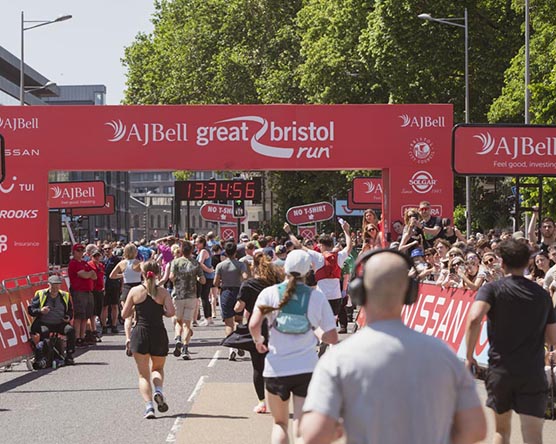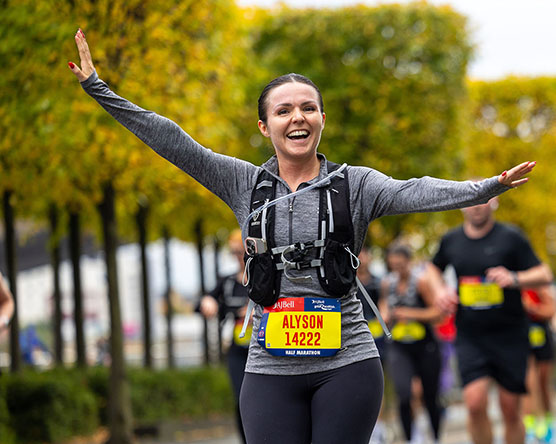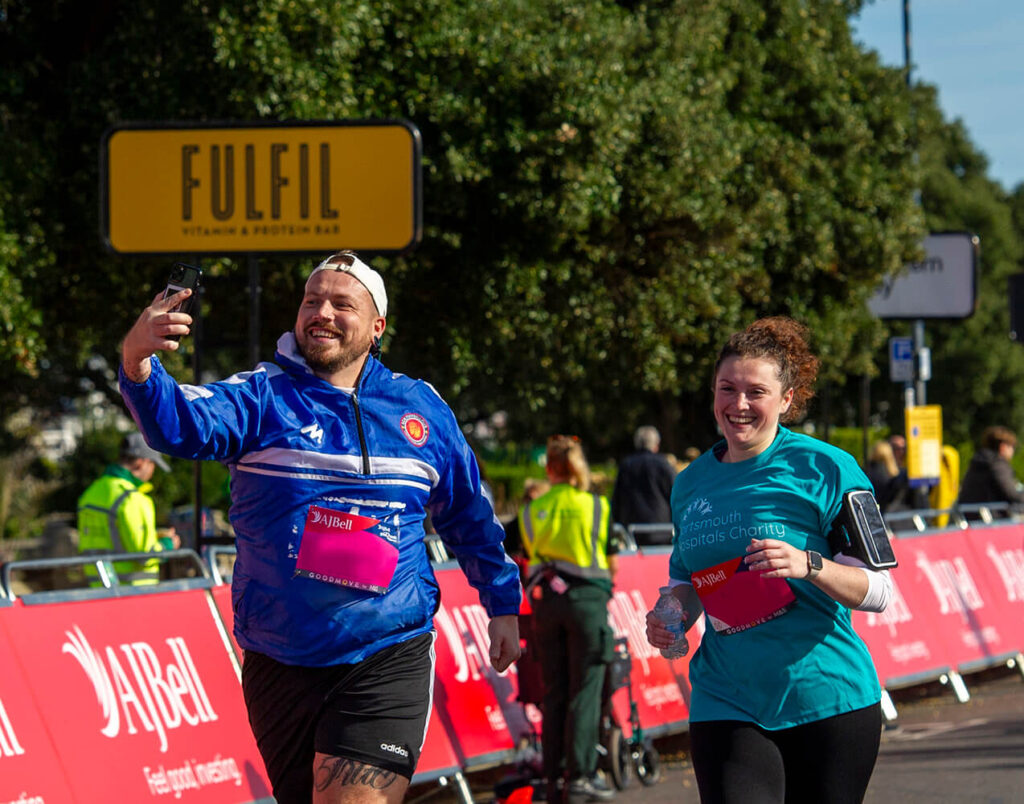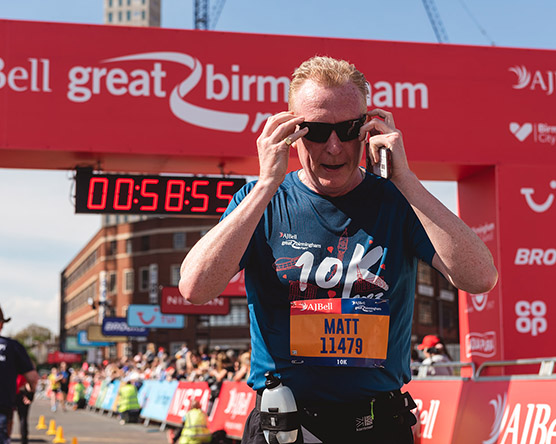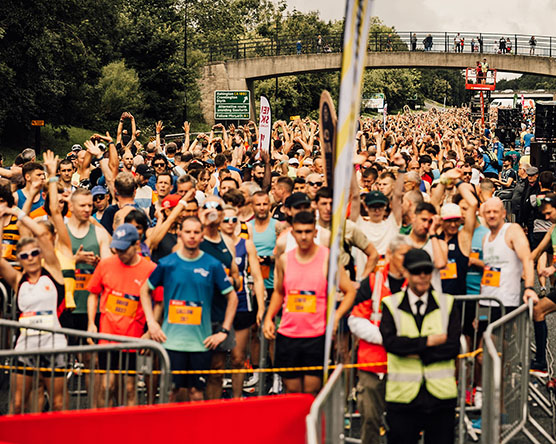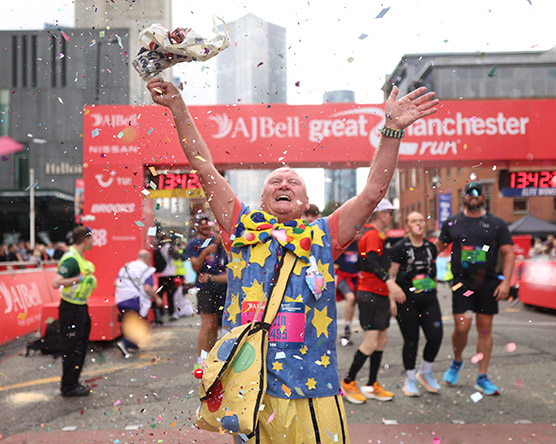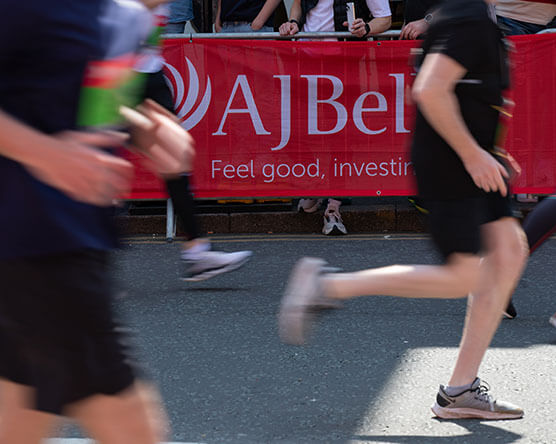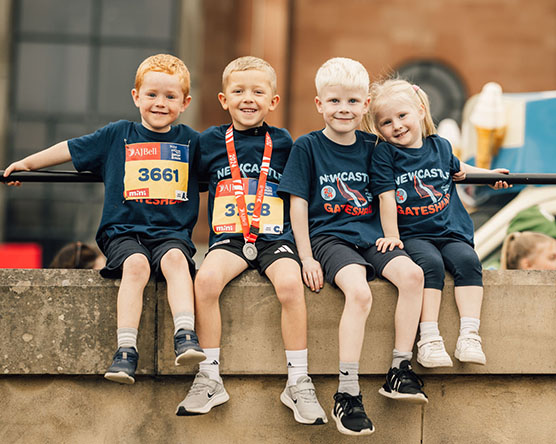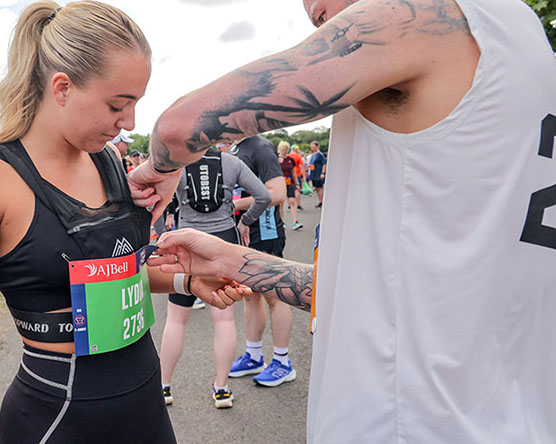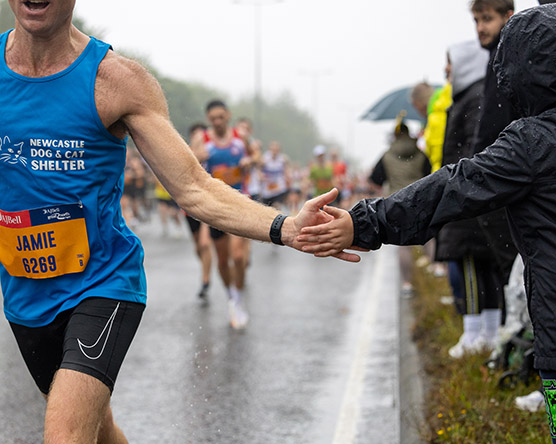When thinking of all of the factors which can impact positively on our running performance – good food, hydration, complementary exercise, strength training and more – sleep might not be top of the list.
In fact, for runners in training, getting up early for a run or heading out late in the evening and pushing bedtime later can seem like a logical way to squeeze in more miles, even though it means cutting into sleep time.
But sleep has a vital role in helping our body and minds run smoothly, and less sleep can actually have a negative impact on running performance.
Read on for more about the science of sleep, the benefits of good sleep and how to catch plenty of good quality Zs.
The science of sleep
There are two main types of sleep: rapid eye movement (REM) sleep and non-rapid eye movement (NREM) sleep. We usually start off in NREM sleep, which goes through four stages from very light to deep sleep. During deep NREM sleep, functions like breathing and heart rate slow down while the body concentrates on important jobs like repairing tissues and building bone and muscle.
During REM sleep – so called because your eyes flicker under your eyelids during this period – your heart and breathing rate quickens, your brain becomes more active and you’re more likely to dream. Put simply, NREM sleep is important for your body physically, whereas REM sleep is more important mentally and to help process the information we receive during the day.
Interestingly, this is why you might have noticed that you dream less when you’re physically tired – because your NREM cycles become longer and REM or ‘dream’ cycles become shorter so that your body can focus on physical recovery.
The benefits of a good night’s sleep
As little as 2.5 hours less sleep than normal can have a significant impact on brain and body functions. Not only does lack of sleep disrupt hormone production, impacting on everything from hunger levels to metabolism, but it also weakens the immune system by affecting white blood cell activity. Brain function is also affected, with studies reporting that going too long without sleep affects the brain in the same way as drinking too much alcohol.
And that’s aside from the impact on our mental wellbeing. It doesn’t take a sleep scientist to point out that not getting enough sleep can make you irritable – not really the kind of mood that has you reaching for your trainers and heading out the door!
Getting a great night’s sleep
So how to get the best possible night’s sleep?
First up, aim for a good, consistent sleep routine, heading for bed at a similar time each night and getting up at the same time in the morning.
If you struggle to get the recommended eight hours’ sleep, try spending longer in bed – it sounds obvious, but spending nine hours physically in bed makes it more likely that you’ll sleep for eight of them. Or you could try a regular nap to ‘bank’ the hours of sleep your body needs.
Good sleep hygiene is also important – that means a technology curfew, and a ban on late-evening runs or caffeine. Why not try an indulgent bubble bath, a book or a spot of meditation instead?
And consider your sleep environment: a cool, dark, quiet space is most conducive to a good night’s sleep, so slip on an eye mask or use some ear plugs if you’re finding it difficult to switch off.
Sweet dreams and happy running!



